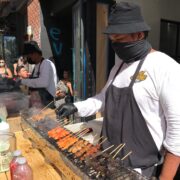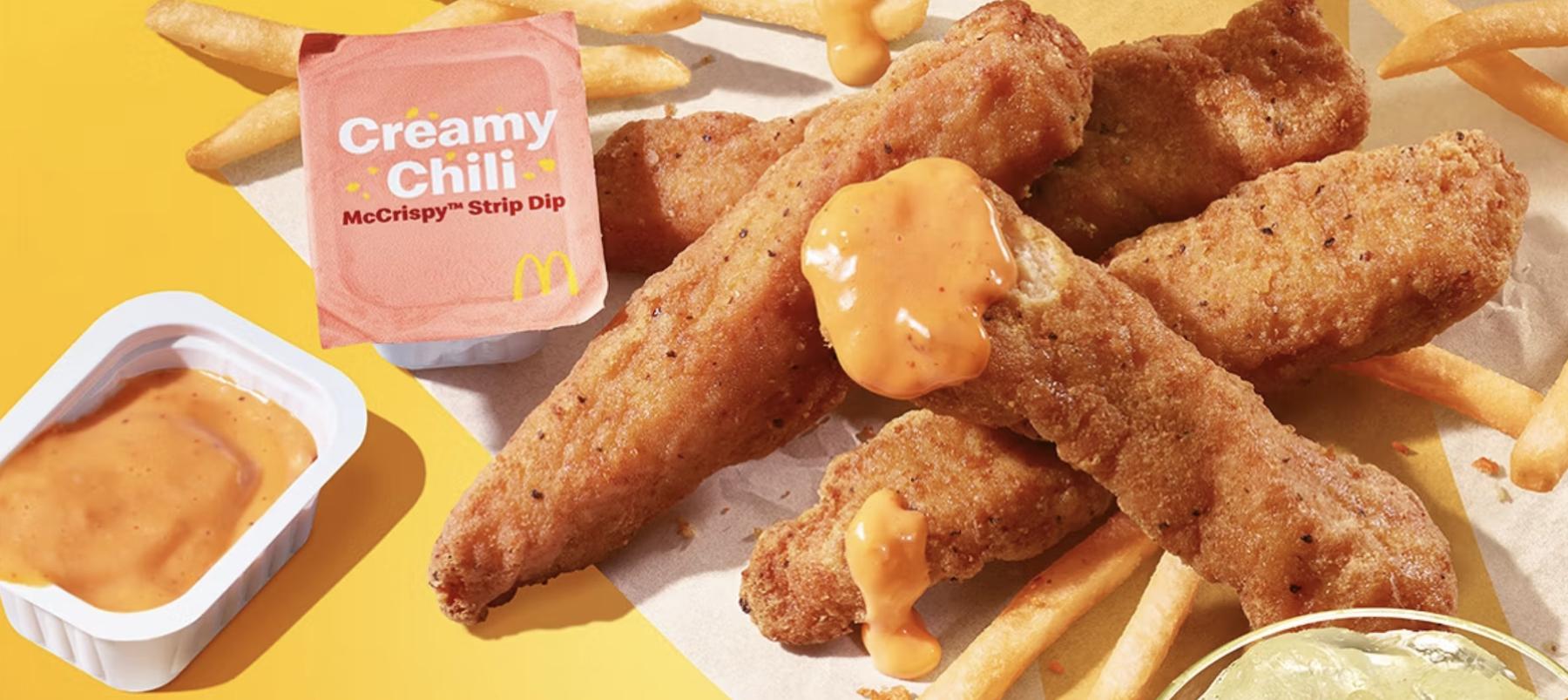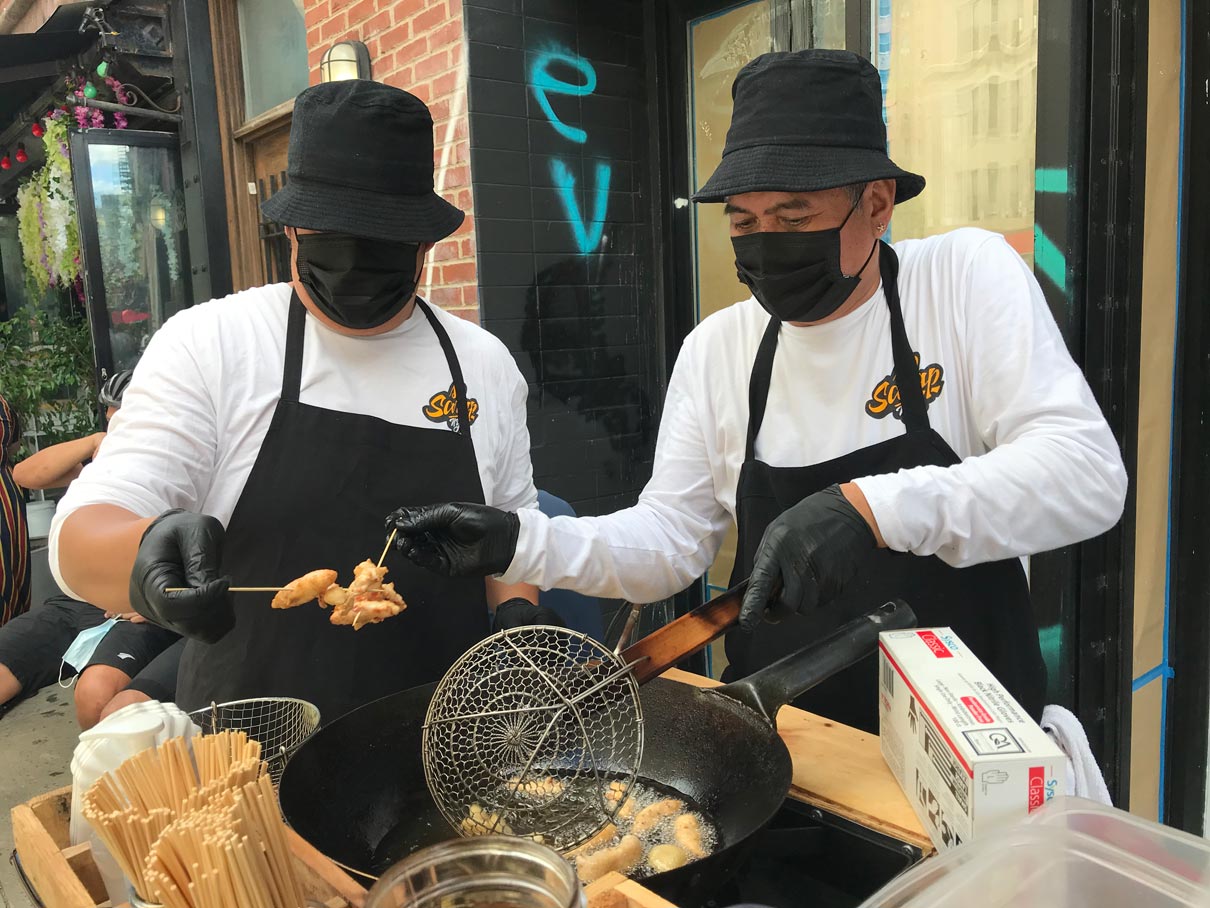
THERE are some food items that automatically trigger nostalgic trips down memory lane for many, and that holds true for Filipinos who have lived abroad for a while now who have an earnest yearning to travel back home.
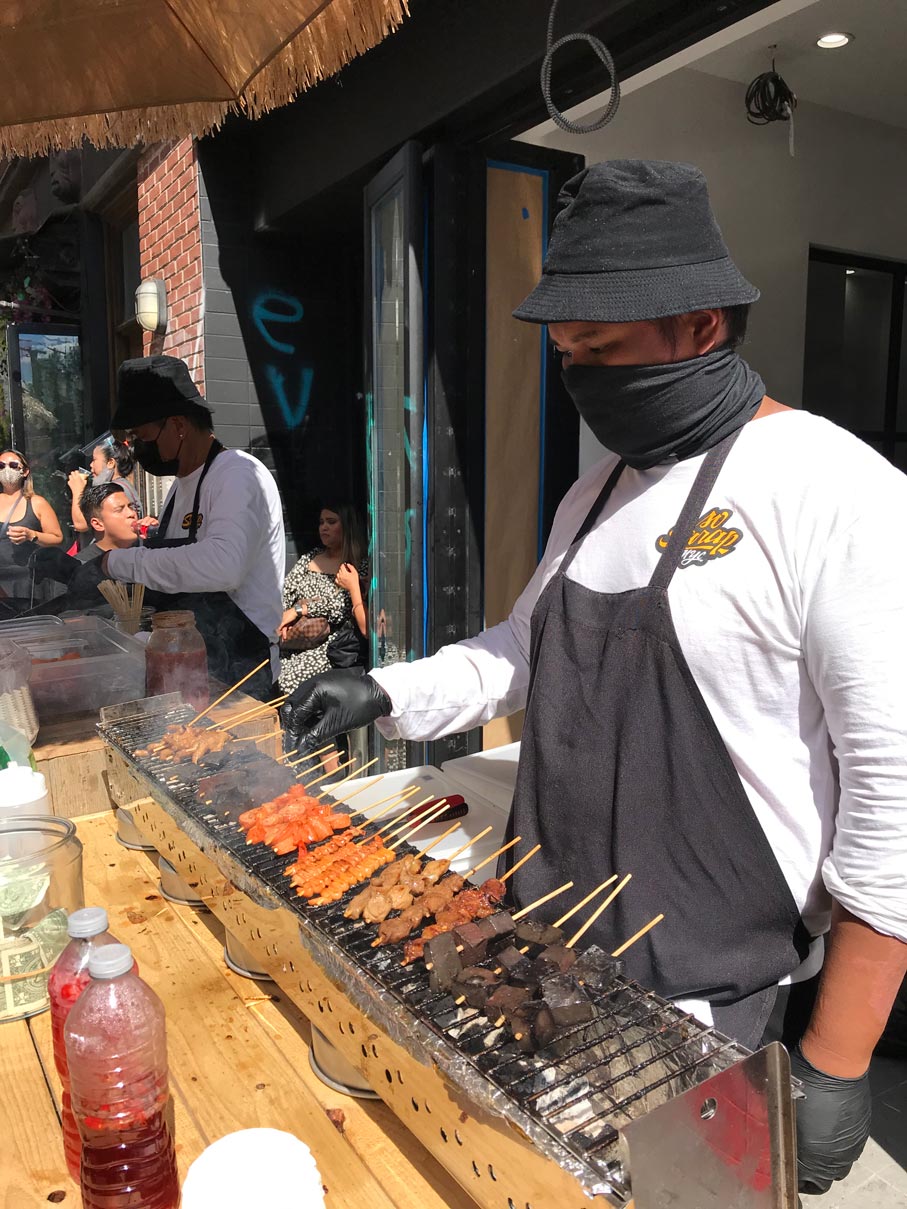
Case in point: the long lines at Kabisera on Allen St. on Labor Day Weekend, where a popup shop sold its products outdoors. Hundreds of people lined up just to have a taste of classic Filipino street food, the way they were sold and eaten back home.
For four weeks now, So Sarap NYC’s fishball cart has been attracting hordes of people: some wanting to have a taste of the past and a few curious about the long lines.
The aroma of fishballs, kikiam and kwek kwek being fried, as isaw, pork and chicken barbecue and betamax cooked to perfection on the grill wafted along the streets of Manhattan and pulled in some onlookers. That’s the thing about comfort food, it sparks something and sends you on a multi-sensory trip down memory lane.
The idea of this food cart making its way on the streets of NYC is the brainchild of high school friends VJ Navarro and Sebastian Shan. As early as February this year, they trade on their official Instagram page that their mission was “to remind you of your childhood memories.” Thankfully, the global pandemic did not totally derail their plans.
Navarro earned his chops and worked crazy hours in restaurants in the city like Lure Fishbar, Sessanta, Burger and Barrel and Nobu. He kept telling himself to work extra hard for his dream to open up his own place and do his own thing. With the extra push coming from his friend, the idea of So Sarap began to form.
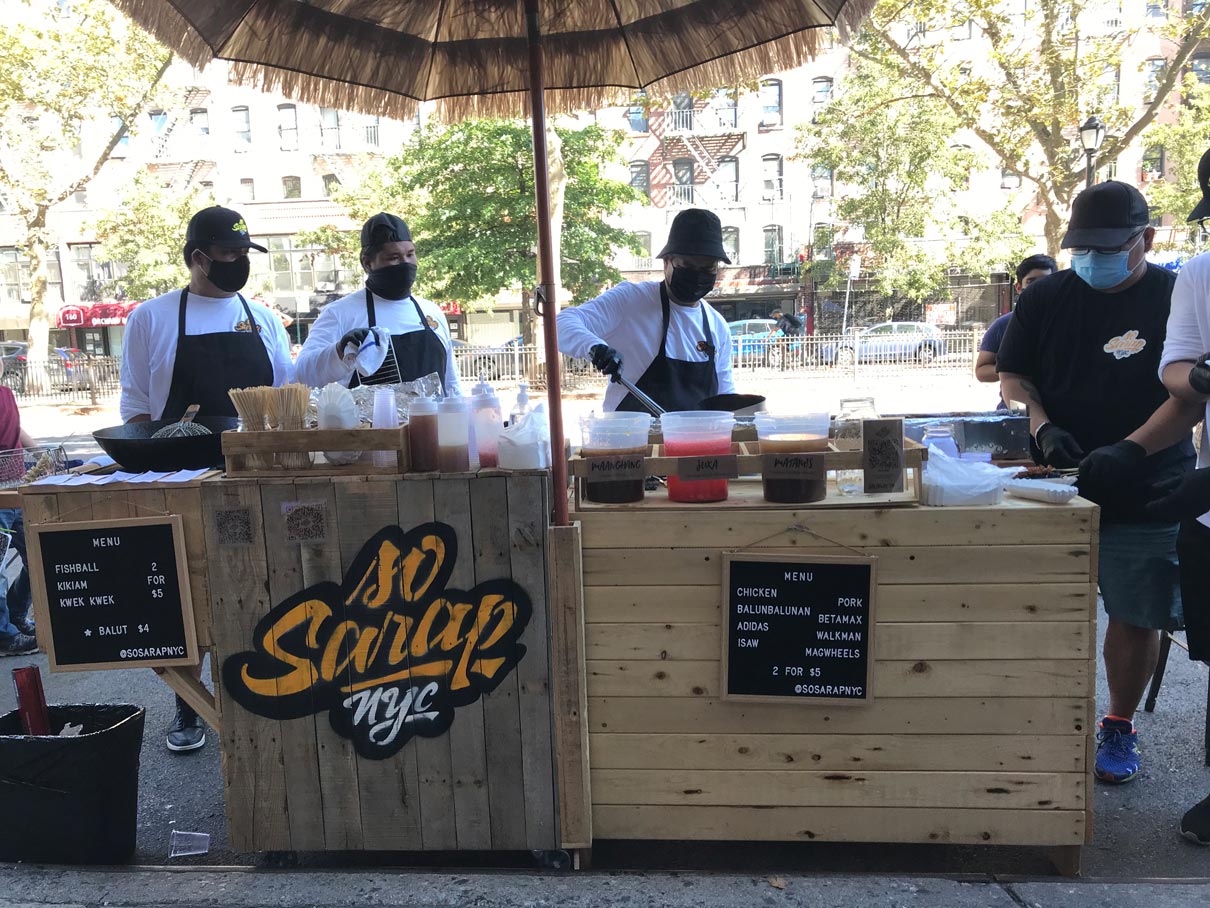
The two friends realized that there was no Filipino street food in the city, at least not the traditional one. Navarro’s dad Virgilio Sr. had some experience doing it in Manila before and it was him who influenced his children into it that they became huge fans.
They have almost the entire arsenal of Filipino street food. They have kwek kwek (quail eggs), betamax (pork blood), isaw (chicken intestine), magwheels (pork intestine), walkman (pig’s ears), pork and chicken barbecue, kikiam, adidas (chicken feet) and balunbalunan (chicken gizzards). They also have balut and taho, served the traditional way of course.
The only things missing there to complete the experience? Halo halo, melon juice and sago’t gulaman, but Kabisera got that covered.
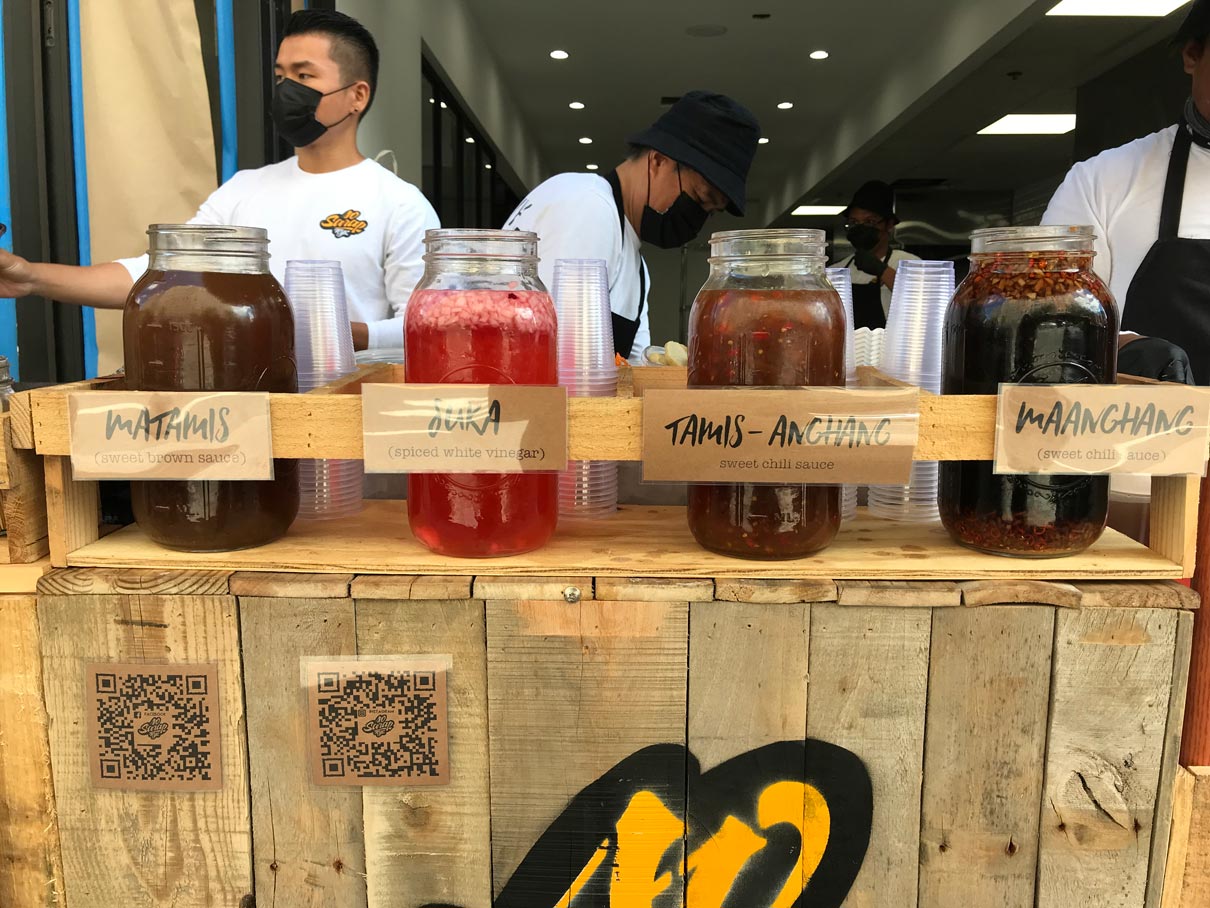
VJ’s dad makes the sauces, all lined up on top of the cart as the fishballs are fried to perfection. Customers have a choice of maanghang (spicy), suka (vinegar), matamis (sweet) and tamis anghang (sweet and spicy). And for some diehard and loyal street food eaters, the sauces he made are just like the ones you can find roaming the streets in the Philippines.
Last weekend, they sold out of some items in the first hour alone. Some people fell in line for an hour, others who got in much later had to wait for more than two hours just to get their orders in. Add an extra hour to wait for the food.
Since it was a long weekend, there were people who drove from Delaware, Connecticut and Atlantic City just to have a tiny taste of home.
Born during pandemic
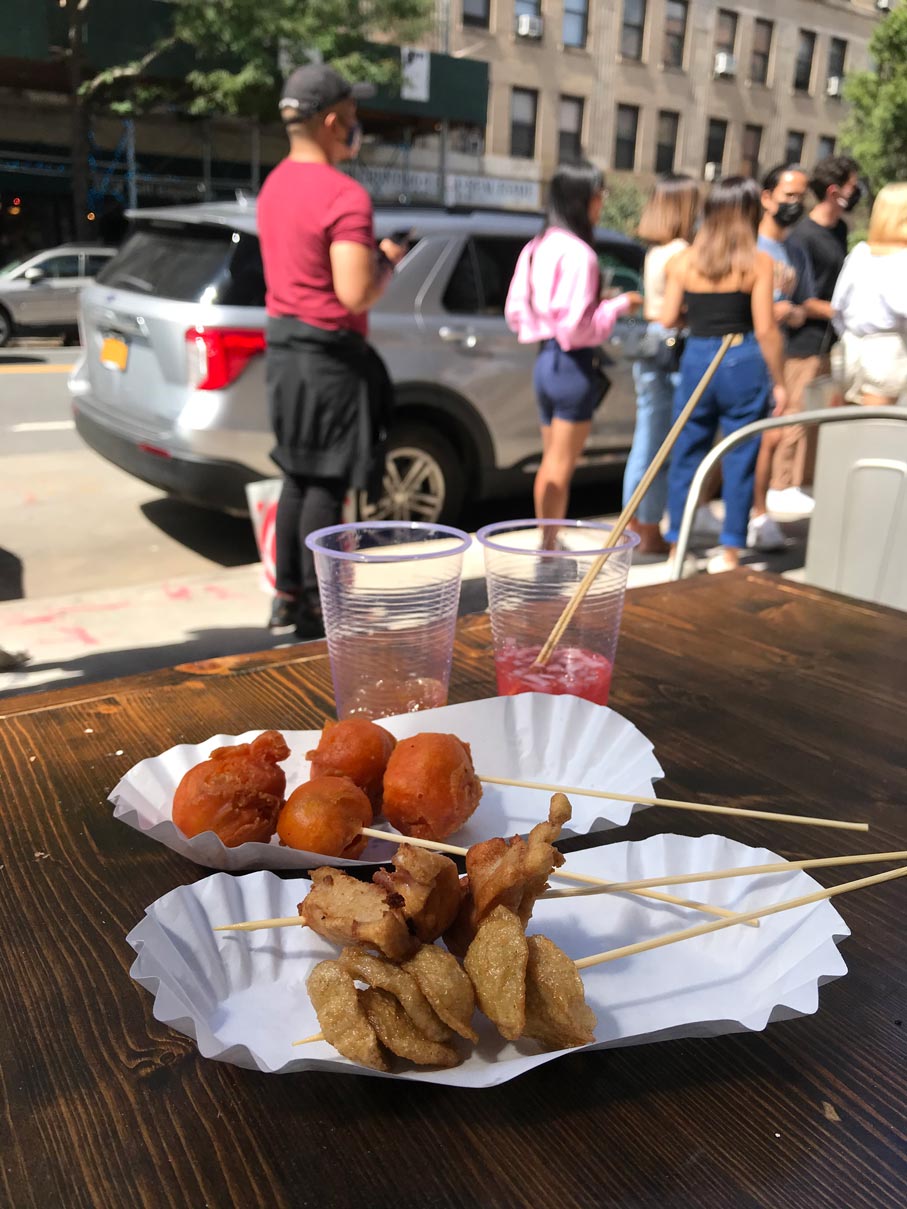
Opening a business is already hard, opening one during the pandemic is on an all-new level.
VJ and Sebastian have been toying with the idea for a while now and they had plans to start before the pandemic happened, and that delayed their plans. They made some changes and opted to be cautious and go ahead.
“Honestly, we were very skeptical. We didn’t want to do it,” Navarro told the Asian Journal. “As soon as phase 3 opened and outdoor dining became a thing, we took our first step.”
For the first couple of weeks they went to Kabisera, a Filipino cafe in the Lower East Side.
We went to their third, this time at Milk Money Kitchens on Avenue A. For the next three weeks, they are back at Kabisera.
“We’ve been receiving a lot of great reviews, many stating that it felt like a taste of home. That right there, means mission accomplished,” Navarro shared. “We’re very overwhelmed with the love and support everyone has been showing us. Means a lot.”
Shan, who is French Chinese, used to go to the Navarro home for dinner and family gatherings, echoed his friend’s sentiments. He was enamored with Filipino culture that he even joined his college’s Filipino club.
“In one of our talks with the family, we discussed about what Filipinos miss here, and they said they miss going outside and eating street food from vendors. We want to bring that nostalgia back,” Shan said.
The Navarros trace their roots in San Carlos City, Pangasinan. VJ’s dad told us that they moved from the Philippines to Italy and lived there for 20 years. VJ and his siblings were all born there. They migrated to the United States a little before 9/11.
VJ didn’t finish college as he went straight to working in restaurants.
“I started as a busboy, then moved to the kitchen as a dishwasher and worked myself up to Sous Chef,” he shared. “Running So Sarap NYC, has been very new to us all. We’re still starting.”
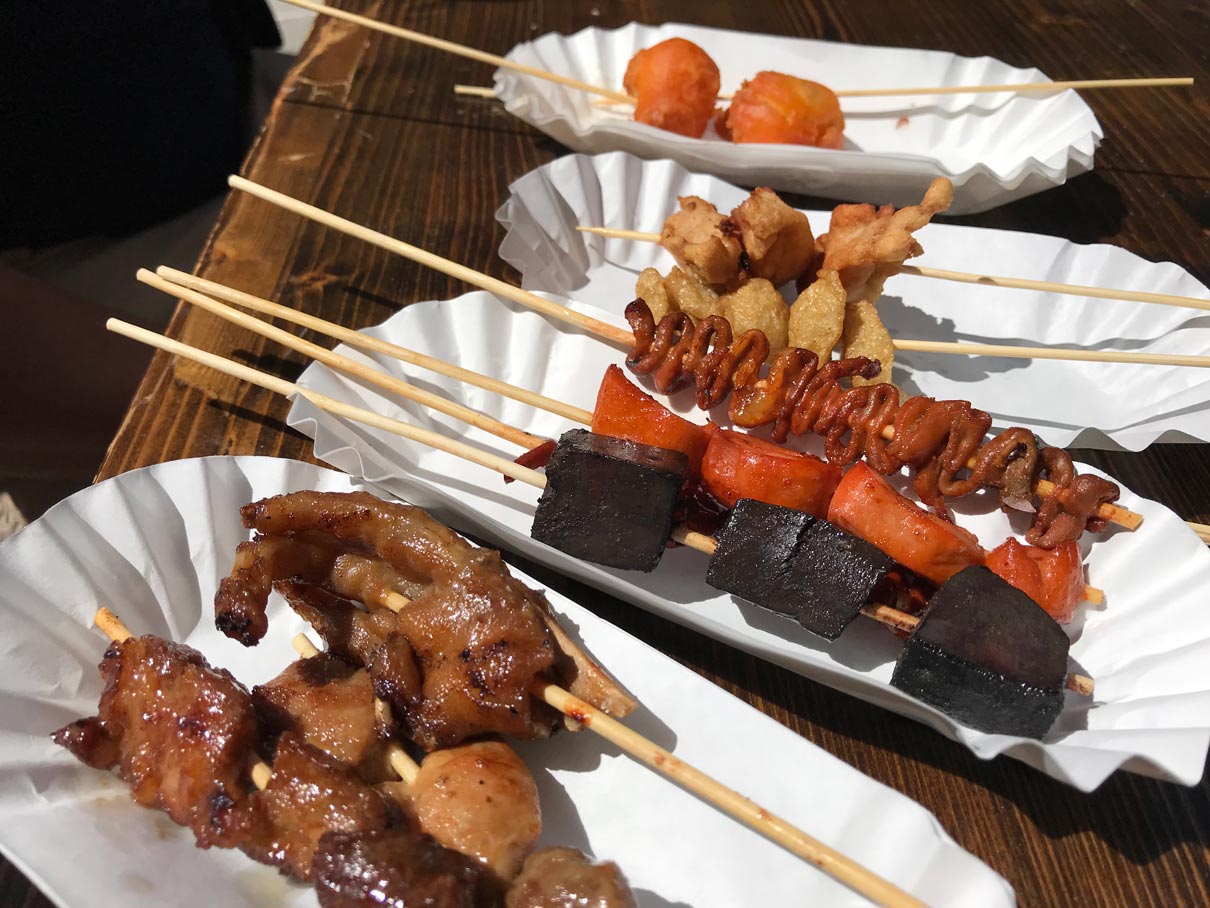 For now, they’re working with a tight crew, which involved his immediate family. While grilling isaw, VJ pointed at his wife, nephew, cousin and his dad who was then frying the fishballs.
For now, they’re working with a tight crew, which involved his immediate family. While grilling isaw, VJ pointed at his wife, nephew, cousin and his dad who was then frying the fishballs.
He is thankful that he has his family’s full support in this new endeavor and acknowledges them as his huge support system.
“My grandpa, Tatay Tomas was very known as a family man and a businessman. And my grandparents on my dad side were also hustling to survive and keep their family afloat. I’m just trying to continue their legacies,” he said.
For now, they just want to keep the good vibes flowing as they introduce and shine a spotlight on parts of Filipino culture that were previously unheard of. In their own words, enjoying a day of “gimik with the barkada, (hangout with friends) keeping it chill with street food, refreshing drinks, good vibes, lots of tsismisan (chitchatting) and laughter.”
And as the summer season officially ends in a couple of weeks, the team said they are going to close the fishball cart but will reopen next year, along with a promise that they have a big surprise in store and will go out with a bang. (To see where their next popups are, check and follow their Instagram account @sosarapnyc.)


